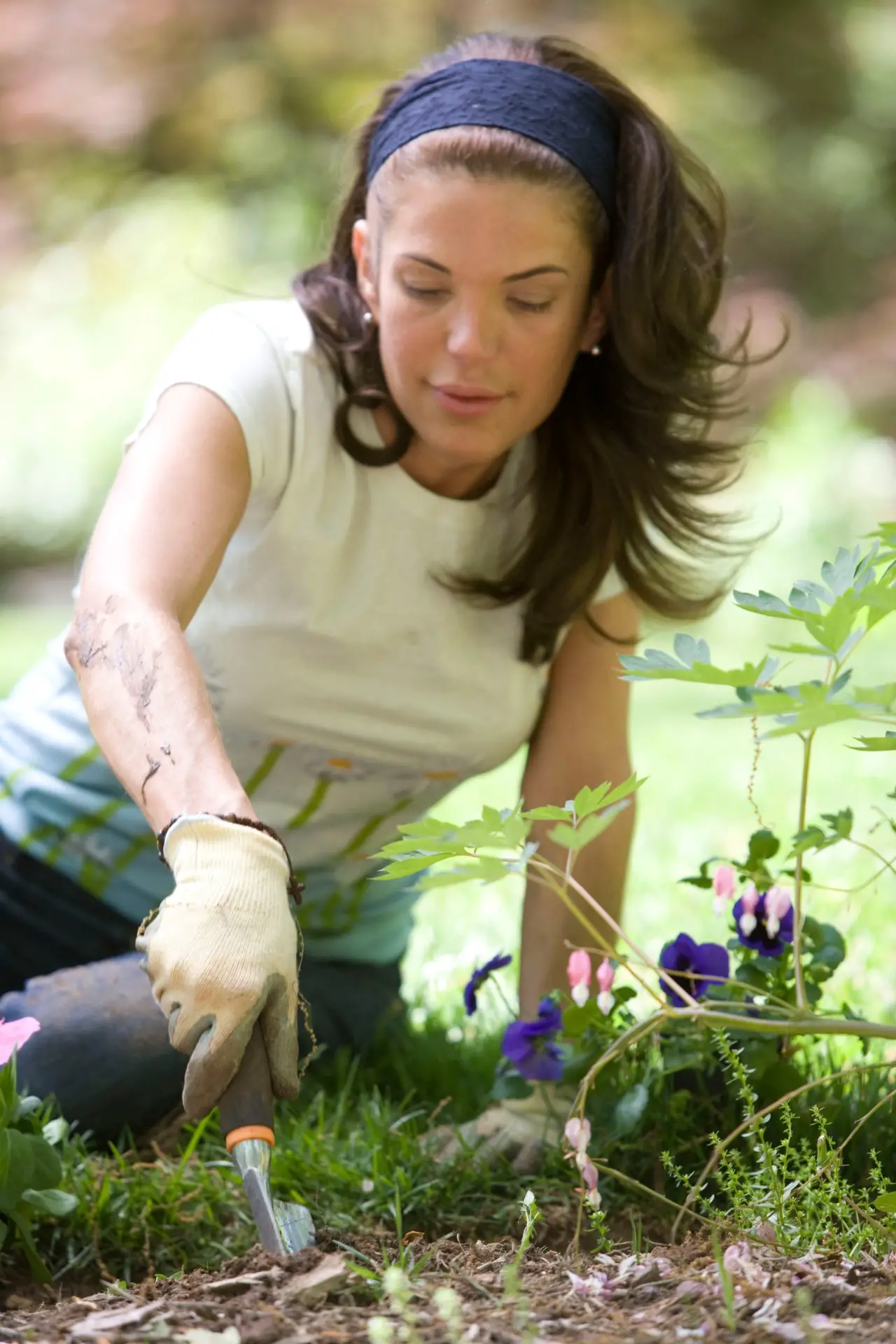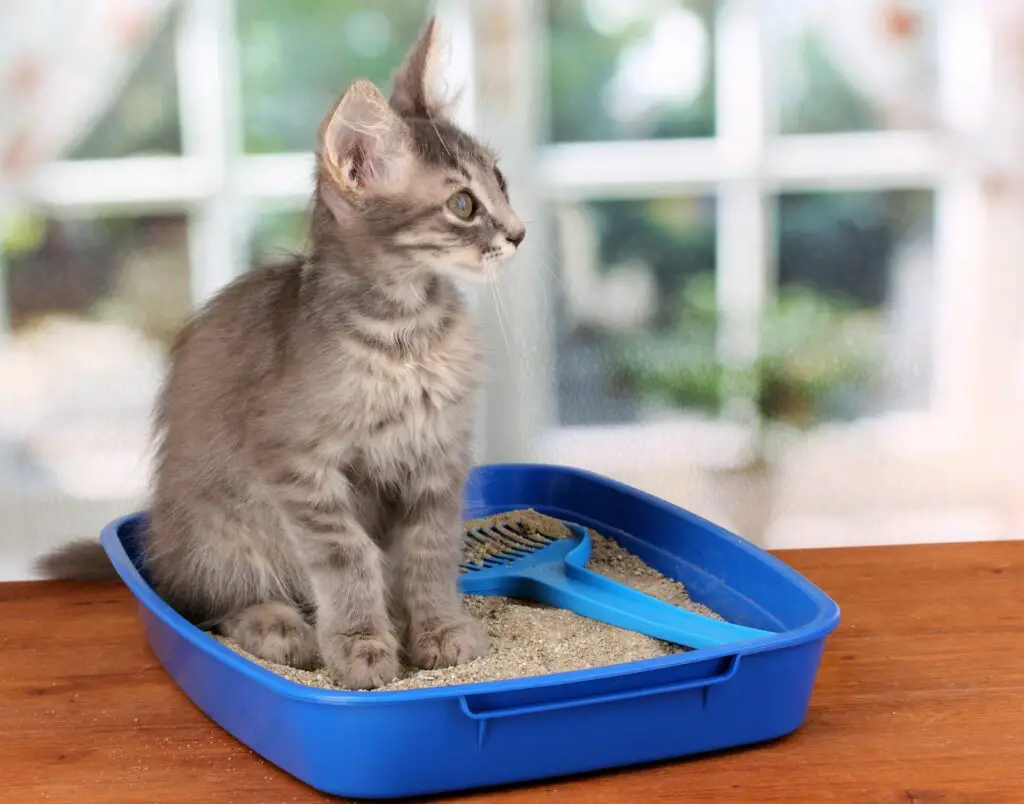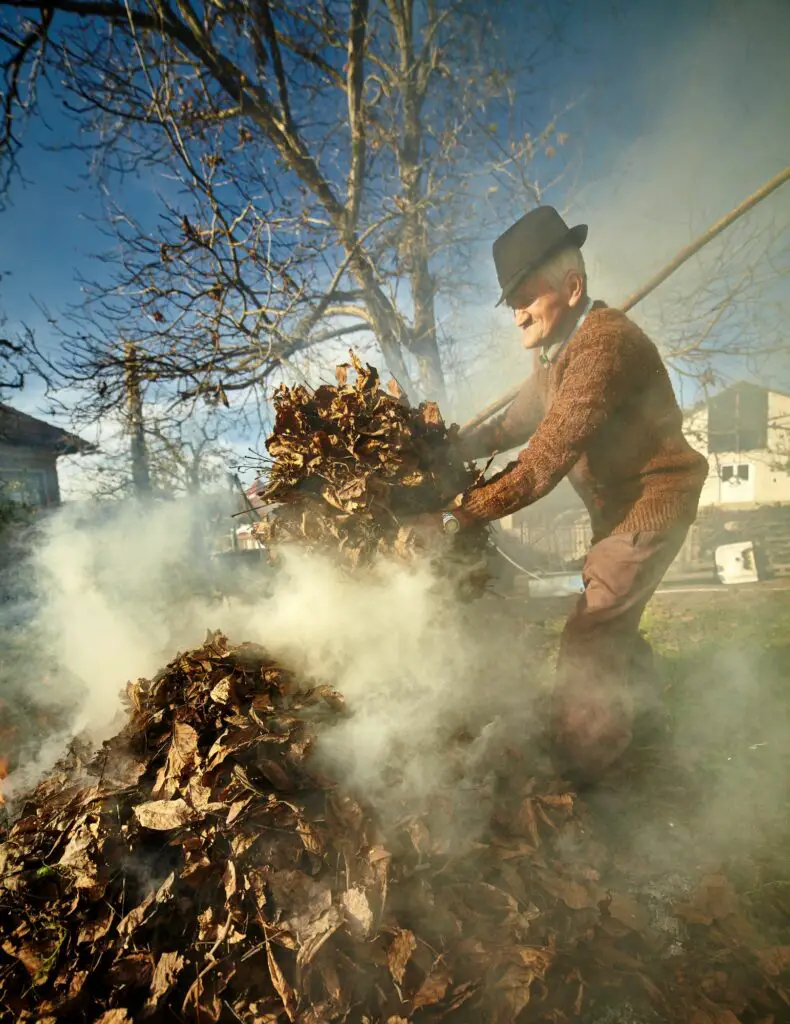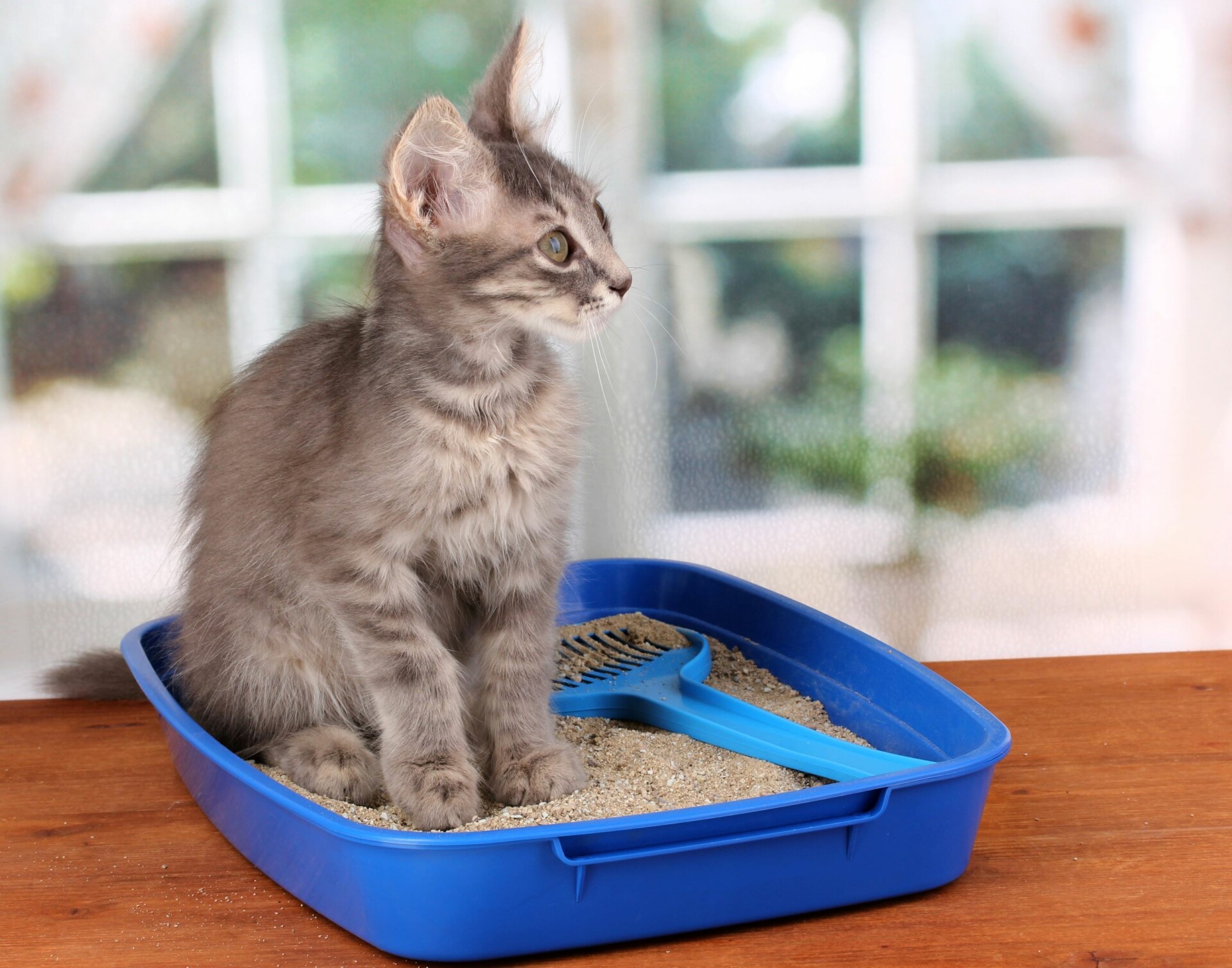In recent years, gardening has been on the rise.
Not only are homeowners using gardening to boost curb appeal.
More and more people are taking up the hobby in a bid for sustainability, physical health, and emotional well-being.
It’s hard to ignore all the great benefits gardening has to offer.
So it’s unfortunate that so many people still view gardening as solely a women’s venture.
Despite the cultural relationship between flowers and femininity, there’s nothing inherently gendered about gardening.
Before we can dismantle the stereotype of gardening as feminine, we need to understand where it comes from:
- Is it true that women garden more than men?
- Are women actually better at gardening than men?
- Do women dominate the professional horticulture industry?
Let’s learn the answers to these questions and explore the complicated relationship between gardening and gender.
Is Gardening Considered a Feminine Activity?
Whether gardening is a feminine activity is entirely a matter of opinion.
Some people do view tending a garden as “women’s work.” Others have zero preference.
In the grand scheme of things, though, the opinions of others don’t really matter.
There is nothing about gardening that makes it inherently feminine or masculine.
What Is the Feminine Form of the Word Gardener?
In the English language, “gardener” is a gender-neutral word. That means we can apply it to both men and women.
While there is no modern feminine form of the word gardener, there is some historical evidence of one.
The term “gardeneress” has appeared in literature since the 17th century.
This word is more often used as a humorous take on gendered language than the actual title for a female gardener.
Again, men and women can be gardeners. There’s no need to use a different term for either gender.
Are Women Better at Gardening?
Whether gardening is feminine or not, nothing is stopping men from participating in this hobby.
But are men really as good at gardening as women are?
Men and women have the same potential to be great gardeners.
No one should let their gender stop them from growing a garden of their own!
With that said, we’re not the only ones wondering this question.
Here are a few theories for why we tend to think women are better at raising plants than their male counterparts:
It’s How We’re Raised
Many boys and men avoid gardening because they believe they don’t have the necessary skills.
The truth is that anyone can develop a green thumb with a little bit of practice.
So why does society think women are better in the garden?
This opinion largely comes from the fact that girls are taught how to tend to plants from a young age.
Compared to their male counterparts, girls are more likely to learn about different flower species or garden design.
Likewise, boys are more likely to learn how to mow the lawn or use power tools in their youth.
Once we reach adulthood, these teachings impact what hobbies we gravitate toward.
It’s in Our Genes
It’s true that a lot of our gendered view of gardening is how we’re taught from a young age. However, that might not be the whole story.
Back in 2013, the British Psychological Society actually found a correlation between biological sex and the ability to identify plants.
The study showed women were better at finding and identifying plants than men.
The theory behind these findings is that women were once responsible for gathering (while men took on the task of hunting).
Because the ability to find and identify edible plants was directly related to survival, this skill was passed down through the evolutionary line.
Of course, it’s important to remember that this was a very small study — only 50 participants were observed.
But it’s still an interesting theory for why women tend to thrive in the garden.
Do Men and Women Garden Differently?
Anyone can enjoy gardening. But there are some trends when it comes to which tasks men and women take on in the garden.
Keep in mind that these are only generalizations. Plenty of women partake in the activities that men prefer and vice-versa.
Gardening Activities Preferred by Men or Women
1. Lawn Care
The stereotype is true: According to a study by the U.S. Bureau of Labor Statistics, men spend more time caring for the lawn than women.
While not everyone would agree that lawn care counts as gardening, this data gives us some insight into how men and women spend their time working outdoors.
2. Vegetable Gardening
Going by the raw numbers, more women vegetable garden than men.
But if you compare the number of men who vegetable garden versus how many garden in total, it’s clear that men love to grow produce!
In many ways, vegetable gardening avoids the feminine stereotype of ornamental gardening.
Plus, agriculture has traditionally been a male domain.
3. Plant Selection
One of the most documented differences between male and female gardeners is the types of plants they prefer.
Generally, men prefer structured plants with bright colors like red and orange.
On the other hand, women gravitate toward softer profiles with pastel blooms.
4. Sustainability
While sustainable gardening is a big trend right now, some research shows that women are more likely to adopt organic and eco-friendly growing practices than men.
5. Division of Labor
Even when men and women share a garden equally, such as in the case of a married couple, common trends emerge in how the labor is divided up.
Men are more likely to complete physical projects (like digging and lifting) than women.
Women appear more likely to focus on design and lightweight tasks.
Is Calling Gardening Feminine Bad?
Calling gardening feminine isn’t necessarily bad. But the language we use to discuss gardening and other hobbies can have a bigger impact than we realize.
By saying that gardening is a feminine hobby, or that women should garden while men do other yard chores, we’re contributing to potentially harmful stereotypes.
This awareness is particularly important when spending time with children.
It’s very common for young boys and girls to avoid certain activities because they think these interests are only for the opposite gender.
If we want to foster a love of gardening and plant sciences in the future generation, one of the best things we can do is treat male and female gardeners equally!
7 Myths & Facts About Gardening and Gender (That Might Not Be True)
Myth #1: Women Have a Better Eye for Design
This isn’t just a myth in the world of gardening.
The idea that one gender is more creative than the other has been a cultural battle for ages.
Some research suggests that women have a knack for design because they can differentiate colors more easily.
On average, women also see more vibrant shades than men do.
In contrast, men are better at seeing quick changes and movement than women.
But when it comes to garden design, there is no solid proof that women are better than men.
Instead, any perceived differences in ability are likely a result of personal bias.
Myth #2: Women Lead the Horticulture Industry
At the end of the day, horticulture is a science.
While women might dominate in the home garden, horticulture falls victim to the same gender gap as any other scientific field.
The good news is that horticultural sciences are some of the most egalitarian in terms of gender.
According to a Data USA survey of five leading horticulture programs, men make up 54.4% of undergraduates on average.
In contrast, the 2019 American Community Survey found that 84.1% of all STEM professionals were men.
Myth #3: Gardening Was Always Seen as Feminine
Today, gardening is predominantly a women’s hobby.
If you went back a couple of hundred years — to before the 19th century — the opposite would be true.
After all, it’s only recently that gardening became a leisurely pastime.
Before the 19th century, gardens existed more for scientific or agricultural purposes rather than decoration.
Starting in the Victorian Era, however, the concept of upper-class women staying home with the children and tending to the house went hand-in-hand with maintaining a lovely garden.
Myth #4: Gardening and Gender Trends Are the Same Around the World
While places like the United States and Great Britain view gardening as a feminine activity, some cultures view gardening as masculine or gender-neutral.
For example, studies of urban farming across Africa showcase the regional and cultural differences in gardening and gender.
While women still dominate overall, there are multiple communities where men garden equally or more than women.
Fact #1: More Women Garden Than Men
According to the United States Census Bureau, 48.9% of women and 33.6% of men participated in gardening.
While this survey took place in 2008, these numbers likely haven’t changed dramatically in the last decade.
The U.S. Census isn’t the only organization to notice this trend. The National Gardening Association found that 54% of vegetable gardeners are female.
Of course, it’s also interesting to note that more men seem to participate in vegetable gardening than gardening overall!
Fact #2: Landscaping Is a Male-Dominated Career
Multiple sources support the belief that more women garden than men — at least in their free time.
On the other hand, men are far more likely to make a living in landscaping than women.
According to the Statista Research Department, 93.5% of landscapers and groundskeepers in the United States were men in 2020.
Now, a big part of this gender gap is because society views landscaping as more physically strenuous and labor-intensive.
But that doesn’t change the fact that landscaping and groundskeeping are forms of gardening (just by different names).
Fact #3: Women Prefer Floral Design
There are tons of gardening-adjacent jobs out there.
While some young professionals choose to go into the science side of horticulture, others prefer a more creative route.
According to Zippia, 84.5% of floral designers are women.
And this makes sense, especially when you compare the demands of floral design to a male-dominated career like landscaping.
While men are valued for their physical strength and endurance, women are often valued for their creativity and sentimentality.
Conclusion
Is gardening a feminine activity? No.
As we’ve seen, this is a common misconception that varies across time and culture.
Gardening is an incredible skill and pastime for all genders to learn and experience.
Approaching gardening as a gender-neutral activity is the best way to encourage both men and women to engage with the botanical world as a whole.
It’s great to see more women pursuing plant science. But it’s also important to create a space for young boys to try out gardening as a personal hobby.
So next time you find yourself associating gardening or flowers with femininity, take a moment to think about the impact of your words.
With just a few small changes, we could make a big difference in how future generations view this wonderful pastime.
You Might Also Like…
- Is Fast Food Bad for the Environment? (& What You Can Do)
- Is Fabric Softener Bad for the Environment? (+5 Eco-Friendly Options)
- Is Fuel Dumping Bad for the Environment? (& How Often It Happens)
- Is Electricity Generation Bad for the Environment? (What You Should Know)
- Is Dry Cleaning Bad for the Environment? (4 Surprising Facts)
- Is Diamond Mining Bad for the Environment? (Important Facts)
- Is DEET Bad for the Environment? 4 Effects (You Should Know)
- Is Cat Litter Bad for the Environment? (5 Common Questions)
- Is Burning Cardboard Bad for the Environment? (6 Facts)
- Is Burning Paper Bad for the Environment? (6 Surprising Facts)
- Is Burning Leaves Bad for the Environment? (7 Quick Facts)
- 4 Natural Cleaners for Quartz Countertops
- 6 Eco-Friendly Acrylic Paint Brands (For Sustainable Artists)
- 5 Eco-friendly Alternatives to Acrylic Paint (& How to Make Them)
- Is Acrylic Paint Bad for the Environment? (7 Quick Facts)
- Is Acrylic Yarn Bad for the Environment? 8 Crucial Facts
- Is Acrylic Bad for the Environment? (8 Quick Facts)
- Is Aluminum Foil Bad for the Environment? 7 Quick Facts
- Is Bleach Bad for the Environment? 6 Crucial Facts
- Is Lithium Mining Bad for the Environment? 6 Crucial Facts
































